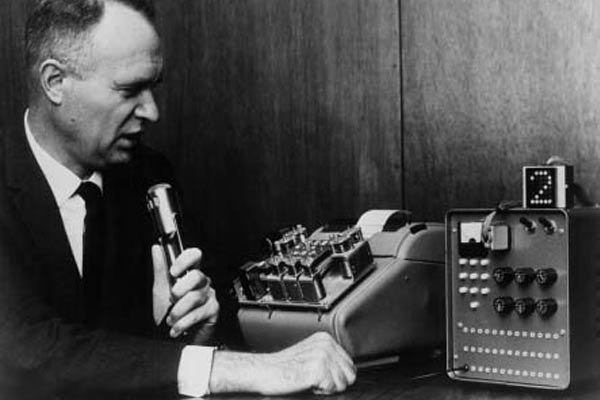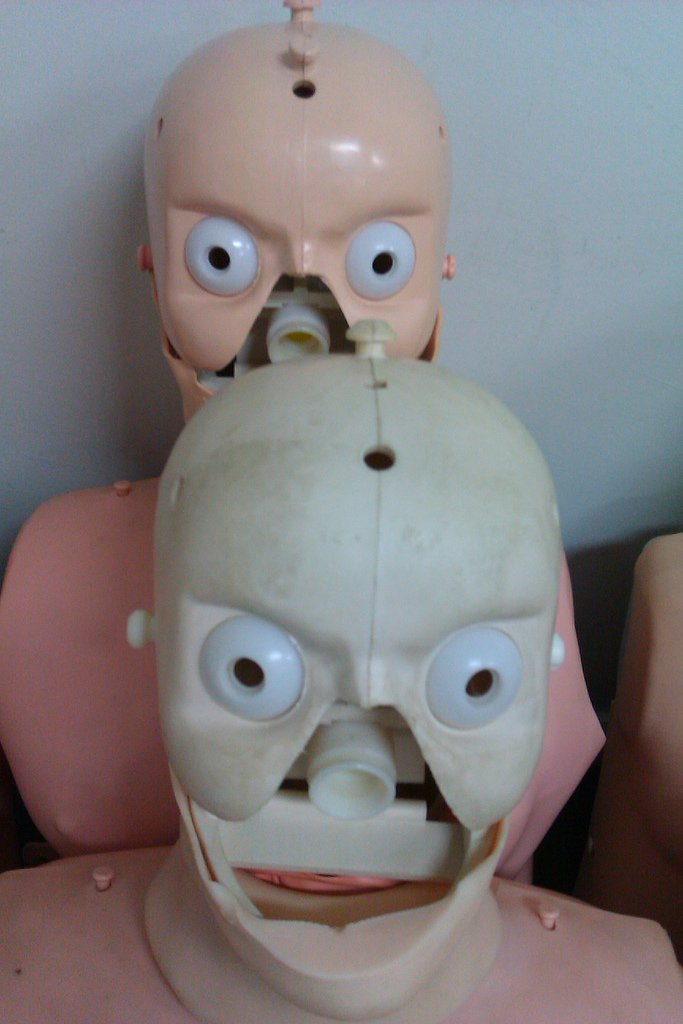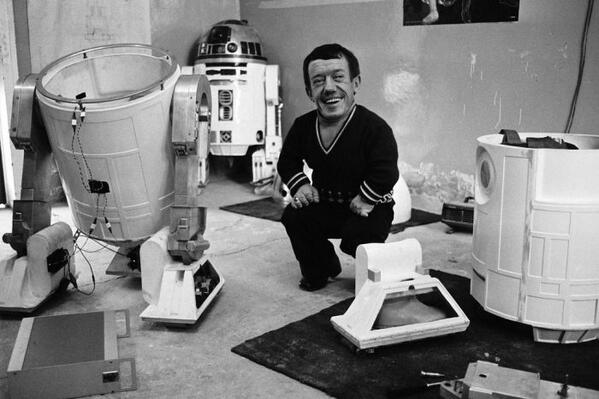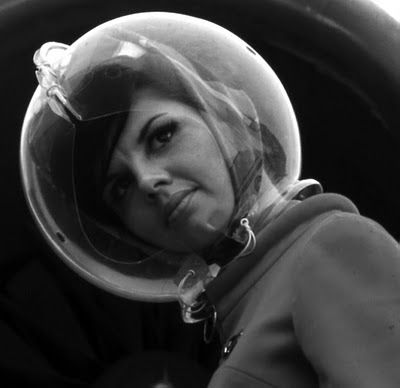Andrew Ng’s predictions about Artificial Intelligence carry more weight with me than the projections of many of his peers because he never seems driven by irrational exuberance. In fact, he often urges caution when talk about the imminent arrival of driverless cars and other landscape-changing tools becomes overheated.
So, when Baidu’s Chief Scientist asserts AI will soon deliver to us a brave new world, one in which, for instance, speech recognition is all but perfected, it’s probably wise to take notice. Computer conversation that’s wholly convincing should give us pause, however. Any technology that becomes seamless should be met as much by concern as enthusiasm.
An excerpt from a smart Wall Street Journal interview Scott Austin conducted with Ng and Neil Jacobstein of Singularity University:
Andrew Ng:
In addition to strengthening our core business, AI is creating a lot of new opportunities. Just as about 100 years ago electrification changed every single major industry, I think we’re in the phase where AI will change pretty much every major industry.
So part of my work at Baidu is to systematically explore new verticals. We have built up an autonomous driving unit. We have a conversational computer, similar to Amazon’s Alexa and Google Home. And we’re systematically pursuing new industries where we think we can build an AI team to create and capture value.
Question:
Let’s talk about speech recognition. I believe someone in your program has said that the hope is to get to the point where it is 99% accurate. Where are you on that?
Andrew Ng:
A couple of years ago, we started betting heavily on speech recognition because we felt that it was on the cusp of being so accurate that you would use it all the time. And the difference between speech recognition that is 95% accurate, which is where we were several years ago, versus 99% accuracy isn’t just an incremental improvement.
It’s the difference between you barely using it, like a couple of years ago, versus you using it all the time and not even thinking about it. At Baidu we have passed the knee of that adoption curve. Over the past year, we’ve seen about 100% year-to-year growth in the daily active use of speech recognition across our assets, and we project that this will continue to grow.
In a few years everyone will be using speech recognition. It will feel natural. You’ll soon forget what it was like before you could talk to computers.•





